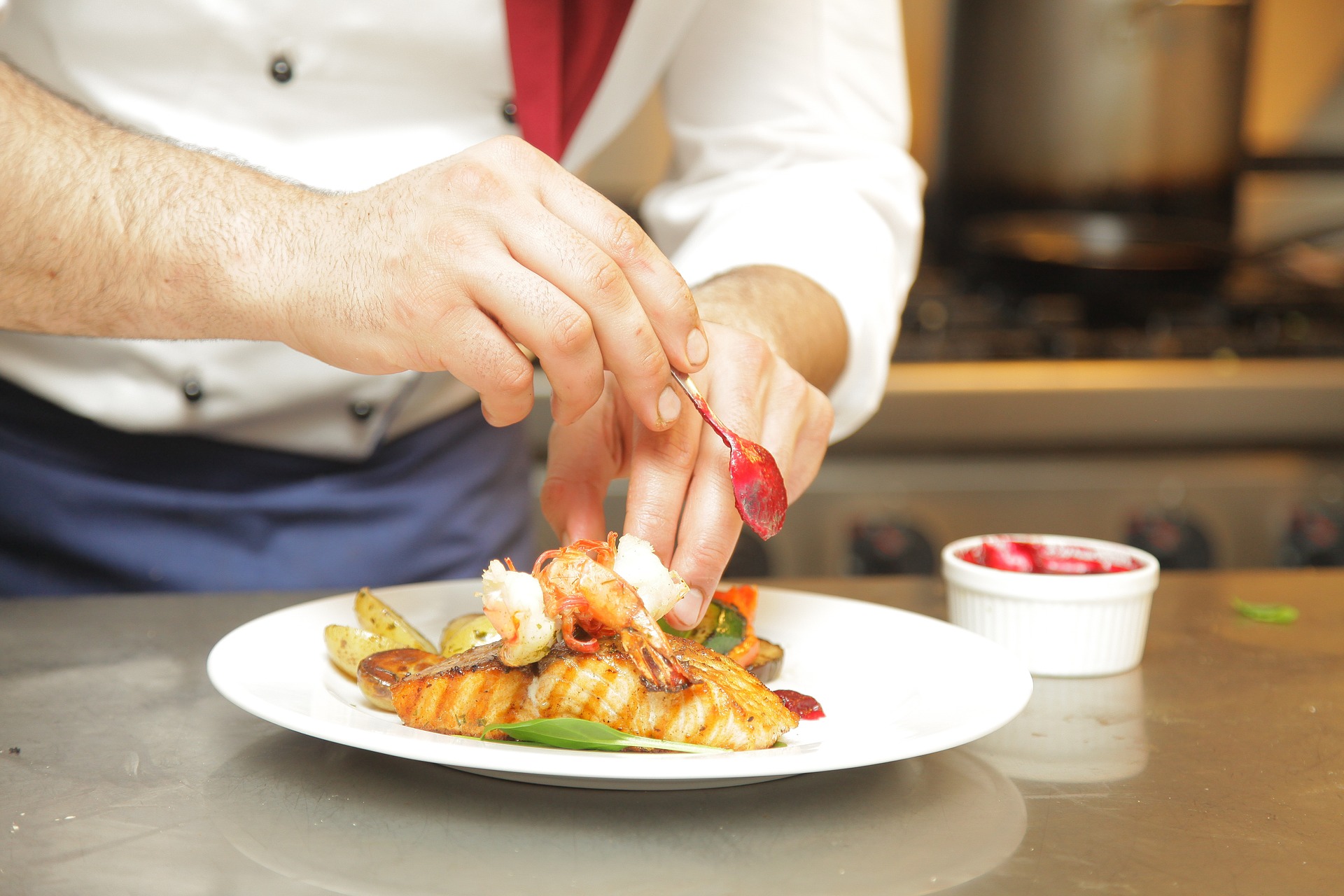Australians are famously sceptical about all matters religious, but has this country, at last, found in Oprah a god to believe in?
For the past week, the messiah of the American Dream has performed signs and wonders among us – generously donating $1 million to Canterbury Boys' High and $250,000 to a cancer survivor. And that on top of treating 302 North Americans to a trip to Australia, and giving away 275 Volkswagen Beetles to the audience of her final “Favourite Things” episode of The Oprah Winfrey Show.
Oprah’s generosity is famed, and rightly so. She’s best known, however, for her gospel of self-improvement: the idea that people can improve their lives through a combination of guts, determination, and hard work. After all, she did. Along with the donation to Canterbury Boys', she sent Jay-Z to deliver the Oprah-friendly message that “You can be whatever you choose to be, you just have to work hard, believe in yourself, and you can go anywhere.”
 It’s easy to criticise Oprah’s self-improvement philosophy as too New Age, particularly as a large chunk of it emerges from The Secret, the self-help bible she started promoting a few years ago. Or even too American, considering that her rags-to-riches story is a picture perfect example of the American Dream.
It’s easy to criticise Oprah’s self-improvement philosophy as too New Age, particularly as a large chunk of it emerges from The Secret, the self-help bible she started promoting a few years ago. Or even too American, considering that her rags-to-riches story is a picture perfect example of the American Dream.
But such criticisms evade the fact that we Australians are totally into self-improvement as well. Our TV-watching habits prove it.
In 2010, Masterchef kept the country glued to the tube at least four nights of every week the show aired. Now Masterchef isn’t as explicitly self-helpy as the lunch hour with Oprah. After all, it’s a show celebrating culinary creativity and great meals made by suburban cooks.
But like Oprah, Masterchef gets us to sup on self-improvement. It’s no secret that many of the Masterchef contestants planned to open their own restaurants or write their own cookbooks, and aspired to become professional chefs. They were on the show for the chance to change their lives; hence the side of ‘personal story’ accompanying anything that was cooked. We were dished up equal servings of food and feel-good. No wonder we were hooked.
Which means that there’s more to Masterchef than the pleasures of the p(a)late. In the midst of all that focus on food, Masterchef unwittingly promotes the idea that ordinary Australians can achieve their dreams through hard work and transform their lives through their own efforts. It’s an attractive idea that puts the individual in charge of their destiny, and one in which we can all vicariously indulge through watching the show.
Masterchef’s celebration of the self-made individual suggests that even if we aren’t outright disciples of the Church of O, we’re more faithful to her brand of self-improvement than perhaps we care to admit. And this invitation to better yourself isn’t just for the contestants onscreen, but is extended to everyone.
The goal of any self-improvement project is the ‘good life’ – a life to which many of us in the West aspire. It’s a life where one has money to spare, where personal goals can be achieved and where enjoyment is the order of the day.
Oprah and Masterchef model this ‘good life’ well. Oprah does it by showering her audience members with expensive gifts, while Masterchef serves up sumptuous food that is just as much about experience as sustenance. The adulation that greeted Oprah’s mass giveaway of Beetles and the round of salivating set off by that snow egg prepared by Adam or Callum in the Masterchef final wasn’t just in response to the car or dessert, but for the classy lifestyle they symbolise.
There’s much to recommend Oprah’s generosity, and the pleasures of good food celebrated on Masterchef. But the way that both associate the ‘good life’ with expensive consumer goods and semi-posh food feels decadent and cringingly aspirational at times. Even if we all can’t be billionaires or as successful as Oprah or Jay-Z, the logic goes, at least we’ll be part of the middle-class. All this makes us out to be quite the navel-gazing bunch.
We loved having Oprah over. Her visit may not pay off in Middle American tourists bringing their US dollars to Australia. But Oprah’s served an important purpose. She’s endorsed the aspirational Australian lifestyle and the way it seeks after its own satisfaction.
Dr Justine Toh is a Senior Research Fellow at the Centre for Public Christianity. She also teaches cultural studies at Macquarie University.
This article first appeared at The Drum.


